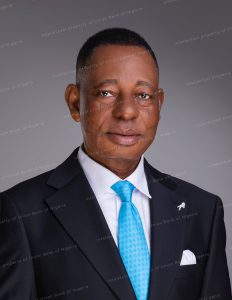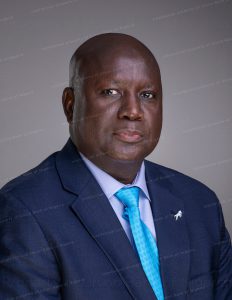
SMEs are the engine of growth for socio-economic transformation particularly in developing countries like Nigeria. According to the Central Bank of Nigeria (CBN), an SME is a business with an annual debit turnover between ₦5M to ₦500M and a staff strength of less than 300. SMEs contribute approximately 1% of GDP in Nigeria
The 2017 budget provides opportunities for SMEs in terms of capital, recurrent & special intervention spends. Government is focused on policies that stimulate economic growth and has come up with the following initiatives and policies;
- Establishment of the Presidential Enabling Business Council.
- Creation of National Collateral Registry of movable assets / personal property used as collateral for loans
- Intervention funds to improve access to capital by SMEs
- N500 billion for recapitalization
- US$ 1.3 billion for Small and Medium-Sized Enterprise
- Focus on improving Infrastructure and local food production
- Improved availability of forex to importers with attendant relative price stability
- Use of special economic zones and industrial parks as vehicles to fast track domestic economic activities i.e. Lekki Free Trade Zone, Calabar Export Processing Zone etc.
- Social housing fund, stimulating the growth of SME and provision of social safety nets for the poor












